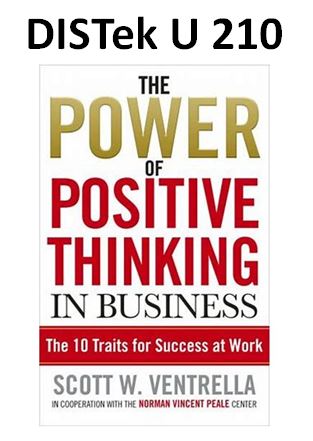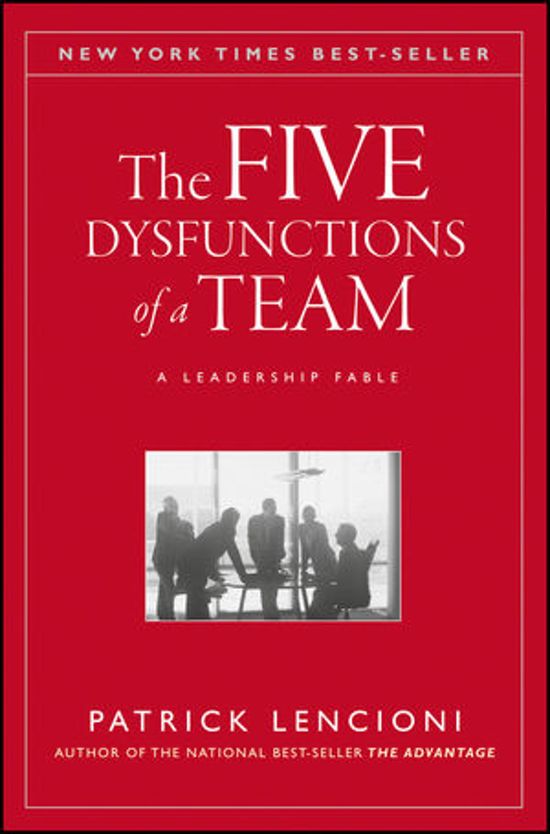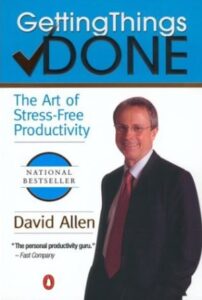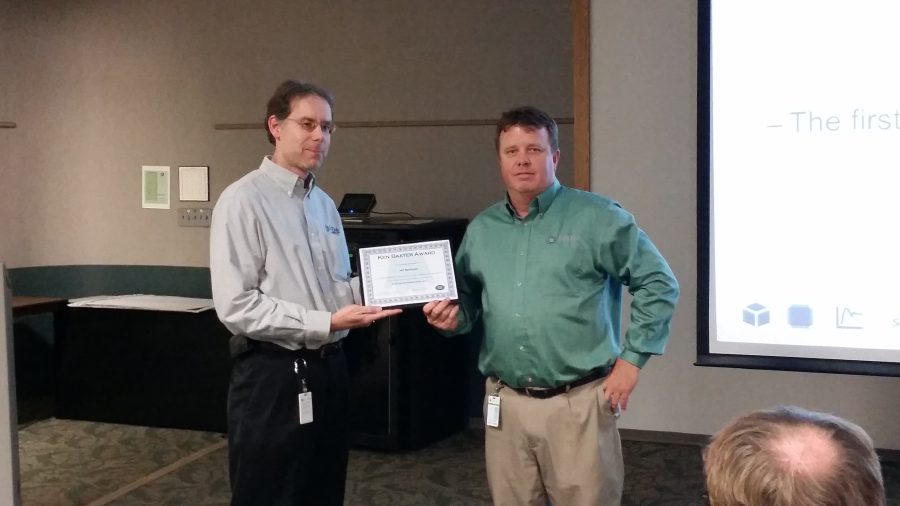DISTek U 210: Part 2
In Part 1 of this two part series, we heard from DISTek Software Engineers Gerardo Zamora and Chad Stapes, who recently completed DISTek U 210 – a DISTek training course offered internally to engineers wanting to embark on a path of growth and prepare themselves for the next engineering tier level. Gerardo reviewed the book, Eat that Frog!, and Chad reviewed the book, You Don’t Need a Title to be a Leader.
In this Part 2, Michael Barnhardt, a Software Engineer at DISTek for over 5 years, discusses, The Power of Positive Thinking in Business, and provides an overview of the final component of the DISTek U 210 course, the mentor-ship program.








